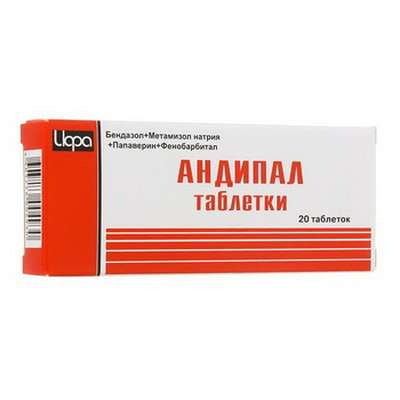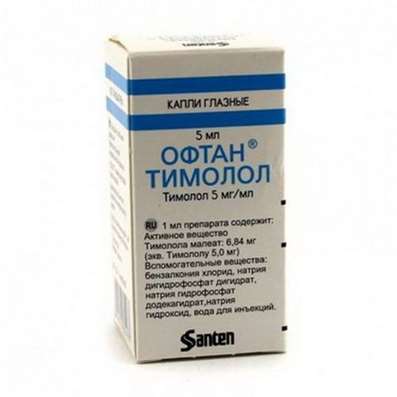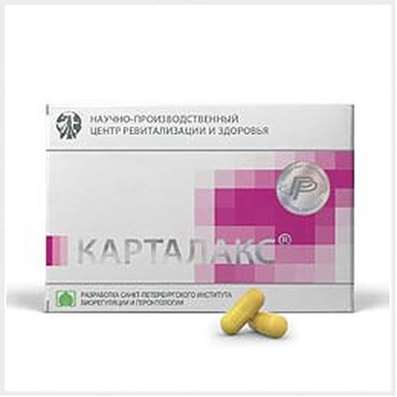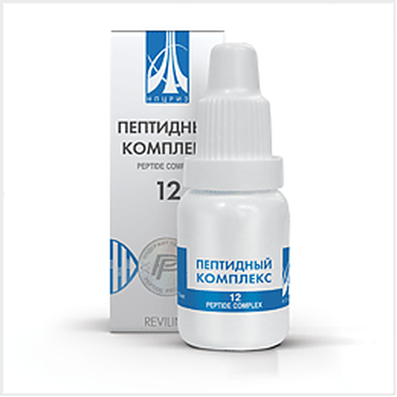Instruction for use: Lynestrenol (Lynoestrenolum)
I want this, give me price
Pharmacological group
Estrogens, gestagens; Their homologues and antagonists
Antineoplastic hormonal agents and hormone antagonists
Nosological classification (ICD-10)
C54.1 Malignant neoplasm of endometrium
Recurrent inoperable endometrial cancer, Endometrial cancer, Metastatic endometrial carcinoma, Metastatic Endometrial Cancer, Endometrial carcinoma, Recurrent carcinomas of the endometrium, Recurrent endometrial cancer
N64.9 Mammary disease, unspecified
Mastopathy, Neoplastic processes in the mammary gland
N80 Endometriosis
Endometrioid endometriosis
N91.0 Primary amenorrhea
N91.1 Secondary amenorrhea
Amenorrhea due to severe diets, Hypogonadotropic amenorrhea, Disgonadotropic amenorrhea, Postcontraceptive amenorrhea
N91.5 Oligomenorrhea, unspecified
Pronounced oligomenorrhea
N93.9 Abnormal uterine and vaginal bleeding, unspecified
Uterine bleeding, Dysfunctional uterine bleeding, Uterine bleeding dysfunctional
N94.3 Premenstrual tension syndrome
Pronounced premenstrual syndrome, Menstrual psychosomatic disorder, Menstrual syndrome, Premenstrual tension, Premenstrual status, Premenstrual period, Premenstrual syndrome, Menstruation syndrome
Z30.0 General advice and advice on contraception
Safe sex, Intrauterine device contraception, Contraception, Contraceptive intrauterine, Oral contraception, Oral contraception during lactation and with estrogen contraindications, Postcoital contraception, Prevention of Pregnancy, Prevention of unwanted pregnancy, Emergency Contraception, Episodic prevention of pregnancy, Contraception in adolescents, Prevention of pregnancy (contraception)
Code CAS52-76-6
Pharmacology
Pharmacological action - progestagenic.
Forms a complex with specific cytoplasmic receptors, which binds to the chromatin of target cells and changes the synthetic processes in the cell. Causes the transition of the mucous membrane of the uterus from the proliferation phase to the secretory phase. Suppresses ovulation, the formation of the yellow body and lengthens the onset of menstruation (with prolonged admission). Increases the viscosity of cervical mucus. Has a weak androgenic properties.
Quickly and completely absorbed from the digestive tract. The time to reach Cmax is about 3 hours. It is subject to biotransformation. Pharmacological activity has a metabolite - norethisterone. Excreted mainly with urine.
With long-term use as an oral contraceptive reduces the risk of inflammation of the pelvic organs, iron deficiency anemia, reduces the likelihood of fibro-cystic mastopathy, neoplasms of the ovaries and endometrium, incl. Endometrial cancer. Protective action depends on the duration of contraception and persists for 5 years after the end of admission (in nulliparous women - at least 10 years).
Application of Lynestrenol
Tablets 5 mg: dysfunctional uterine bleeding, amenorrhea (primary or secondary), oligomenorrhea, endometriosis, endometrial carcinoma, mastopathy, premenstrual syndrome, suppression of ovulation, delay of normal menstruation.
Tablets 0.5 mg: oral contraception.
Contraindications
Hypersensitivity, severe violations of liver function, uterine bleeding, unspecified etiology, pruritus, porphyria, otosclerosis, intrahepatic cholestasis, congenital disorders of bilirubin metabolism, type 1 diabetes, pregnancy, incl. Ectopic (in the anamnesis).
Restrictions for use
Chronic heart failure, arterial hypertension, depression, thromboembolism (in the anamnesis).
Side effects
On the part of the intestine: nausea, diarrhea; Rarely - increased activity of liver enzymes, jaundice.
From the nervous system and sensory organs: headache, dizziness; Rarely - anxiety, depression.
On the part of the genitourinary system: bleeding from the breakthrough, smearing discharge from the genital tract, increased or decreased libido.
From the skin: rarely - vulgar acne, hirsutism, chloasma, rash, itchy skin.
Other: weight gain, decreased glucose tolerance, hyperlipoproteinemia, hypercoagulation; Rarely - increased sweating, painful tension of the mammary glands, swelling.
Interaction
Barbiturates, rifampicin, laxatives reduce the effectiveness of contraception. Macrolides increase the risk of toxic damage to the liver. Increases the plasma concentration of beta-blockers and cyclosporine.
Overdose
Symptoms: nausea and vomiting.
Treatment: symptomatic.
Routes of administration
Inside.
Precautions
With prolonged use, periodic monitoring of blood coagulability, lipid and carbohydrate metabolism, bilirubin level, transaminases is necessary. It is recommended to limit the intake of fats, carbohydrates (confectionery), which is especially important for women with an initial excess of body weight. At a tendency to hypertension, you should monitor blood pressure (reduce fluid intake to 1.5-2 liters per day), with insulin-dependent diabetes mellitus - a glycemic profile (an increase in the insulin dose may be required). In the case of dysfunctional uterine bleeding in women of reproductive age, treatment is recommended to begin after medical-diagnostic curettage of the uterus. Ineffectiveness of hormonal therapy (recurrence of bleeding and hyperplastic endometrial processes) requires clarification of the causes of bleeding. With prolonged delay of menstruation against the background of therapy, ectopic pregnancy should be excluded. It should be borne in mind that the reliability of contraception is significantly reduced with irregular admission, as well as with vomiting and diarrhea.

 Cart
Cart





